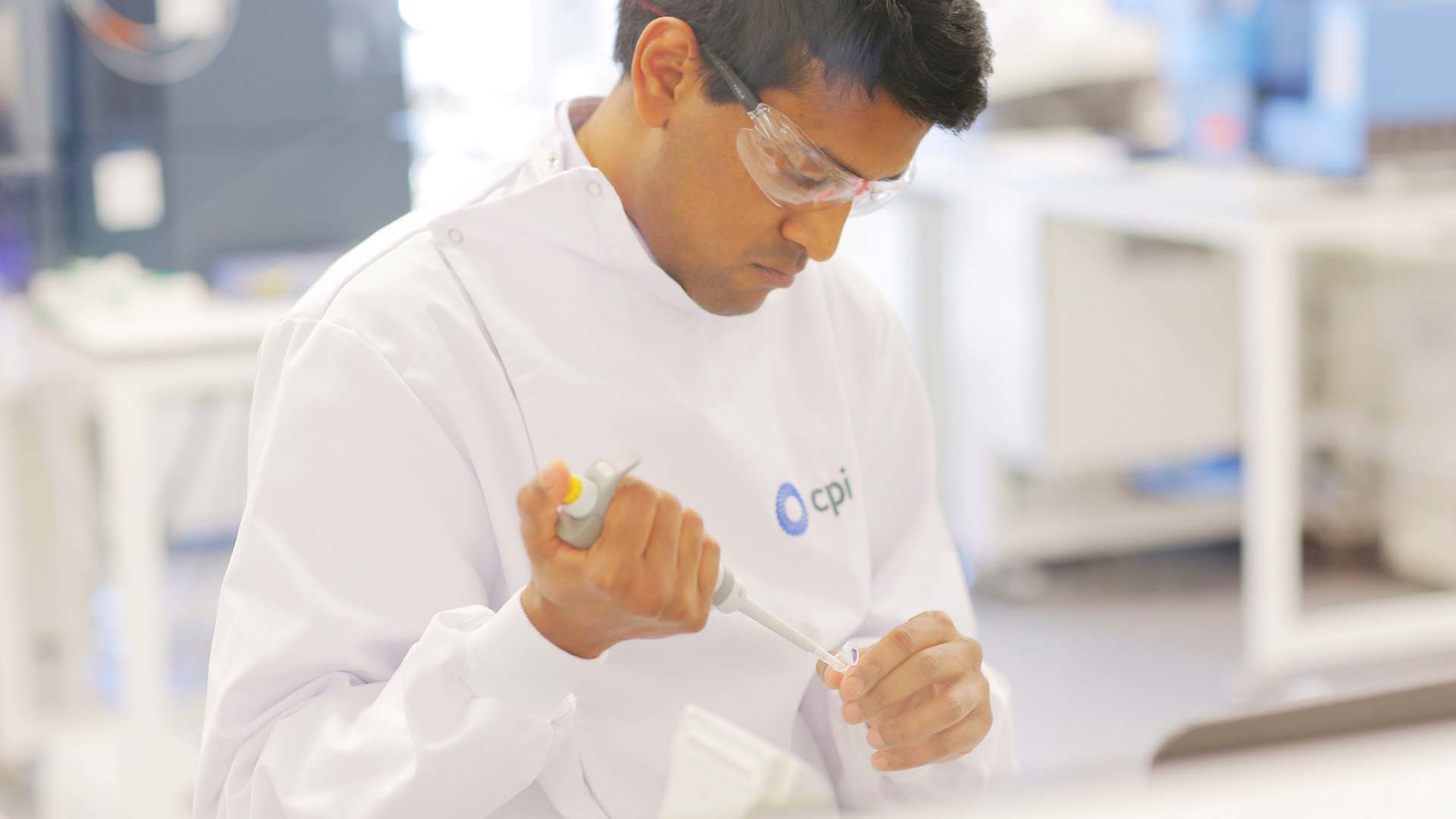Novel VLP polio vaccine platform development
Developing a new virus-like particle polio vaccine

Supporting the development of a safer, lower cost, non-infectious vaccine against poliovirus
With poliovirus being largely eradicated, biosafety concerns associated with current polio vaccines – inactivated and live-attenuated – are leading researchers to look for alternative, safer vaccine platforms. The University of Leeds is leading a consortium which is developing a novel polio vaccine using a virus-like particle (VLP) platform. This novel poliovirus vaccine platform eliminates biosafety concerns as it does not contain any genetic material. The platform also facilitates low-cost production and access to the vaccine in low- and middle-income countries (LMIC), where the disease still exists.
VLPs work by mimicking a virus in order to induce an immune response. Unlike live-attenuated or inactivated vaccines – which introduce a weakened or killed version of the virus into the body – VLPs are not infectious and therefore reduce the biosafety risk associated with current polio vaccines.
The University of Leeds used a strain of yeast, the microorganism Pichia pastoris, as an expression platform to produce the VLPs at a small scale. CPI’s support to the University of Leeds involved developing the bench-scale production process into a fully scalable process for this novel vaccine.

“ The opportunity to collaborate with CPI on this project has been really interesting as by enabling us to test multiple variables side-by-side, we have not only been able to improve the quality of our VLPs but also moved the project one step closer to technology transfer. ”
Partners
Achievements
Inputs
- Access to state-of-the-art facilities and equipment at CPI
- CPI expertise in high-throughput screening and upstream process optimisation
- Funding via the Future Vaccine Manufacturing Research Hub (FVMRH) from Imperial College London. This research is funded by the Department of Health and Social Care using UK Aid funding and is managed by the Engineering and Physical Sciences Research Council (EPSRC, grant number: EP/R013764/1). he views expressed in this publication are those of the author(s) and not necessarily those of the Department of Health and Social Care.
Outputs
- Optimal conditions and large-scale process for VLP production identified for one serotype
- Product quality improved by increasing the production of VLP in the native antigenic conformation, previously shown to provide long-lasting immune protection against poliovirus.
Outcomes
- Awarded an additional grant from Vax-Hub to continue the work
- Additional serotypes of the VLP targeted for further investigation
- Process developed and successfully scaled up

The challenge
Although polio vaccines have been very successful in reducing the number of poliovirus cases worldwide, the life-threatening disease has not been completely eradicated, with outbreaks still occurring. The current vaccines in circulation use live-attenuated (weakened) or inactivated poliovirus, providing a potential risk of introducing polio into the community while making it difficult to fully eradicate. VLPs, which mimic viruses but are not infectious, provide an alternative vaccination platform without the biosafety risks. With outbreaks most prevalent in developing countries, the relatively low production costs associated with VLPs make this novel vaccine platform a favourable alternative.
In order to develop a VLP vaccine for polio, the University of Leeds designed a robust, scalable and cost-effective means for producing the VLPs. The microorganism Pichia pastoris was found to be an effective expression platform at laboratory scale, so the University approached CPI to help successfully scale up a scalable fermentation process through characterisation of bioreactor variables.
How CPI helped
CPI used its state-of-the-art facilities and development experience with Pichia pastoris to investigate the most efficient way to produce these VLPs. With the ambr250, a multi-parallel automated fermentation system, CPI used high-throughput screening to investigate multiple fermentation process parameters simultaneously using a statistically robust design of experiments approach.
In order to increase the yield of VLPs without sacrificing quality, the impact of fermentation parameters on the process outputs needed to be understood. A key factor CPI investigated was methanol feeding. Methanol induces Pichia pastoris to make the product, but high concentrations can limit growth and expression due to toxicity. The method of methanol addition also needed to be investigated; whether it should be added continually or as discrete daily additions. As part of the same experimental approach, CPI investigated different types of growth medium for Pichia pastoris. The experimental programme successfully identified optimal growth media and methanol feeding strategies to maximise the VLP product yield.
The outcome of CPI’s thorough investigation of the upstream processes resulted in protocol that improved product quality by increasing the yield of the native antigenic form of the VLP. This rapid but comprehensive exploration of the process produced a fully scalable, robust system for VLP polio vaccine production, helping to support the University of Leeds’ work to develop a novel vaccine. With additional funding awarded based on the success of this work, the collaboration will continue to further develop the VLP vaccine.
“The VLP vaccine platform for polio shows great promise to replace the current inactivated vaccine with its inherent drawbacks, with a vaccine that has much lower biosafety risks. We are proud to be able to provide our expertise in scaling up manufacturing to improve treatment accessibility and take the world one step closer to eradicating polio.” - Lucy Foley, Director of Biologics at CPI.
Related
Technologies
Markets
